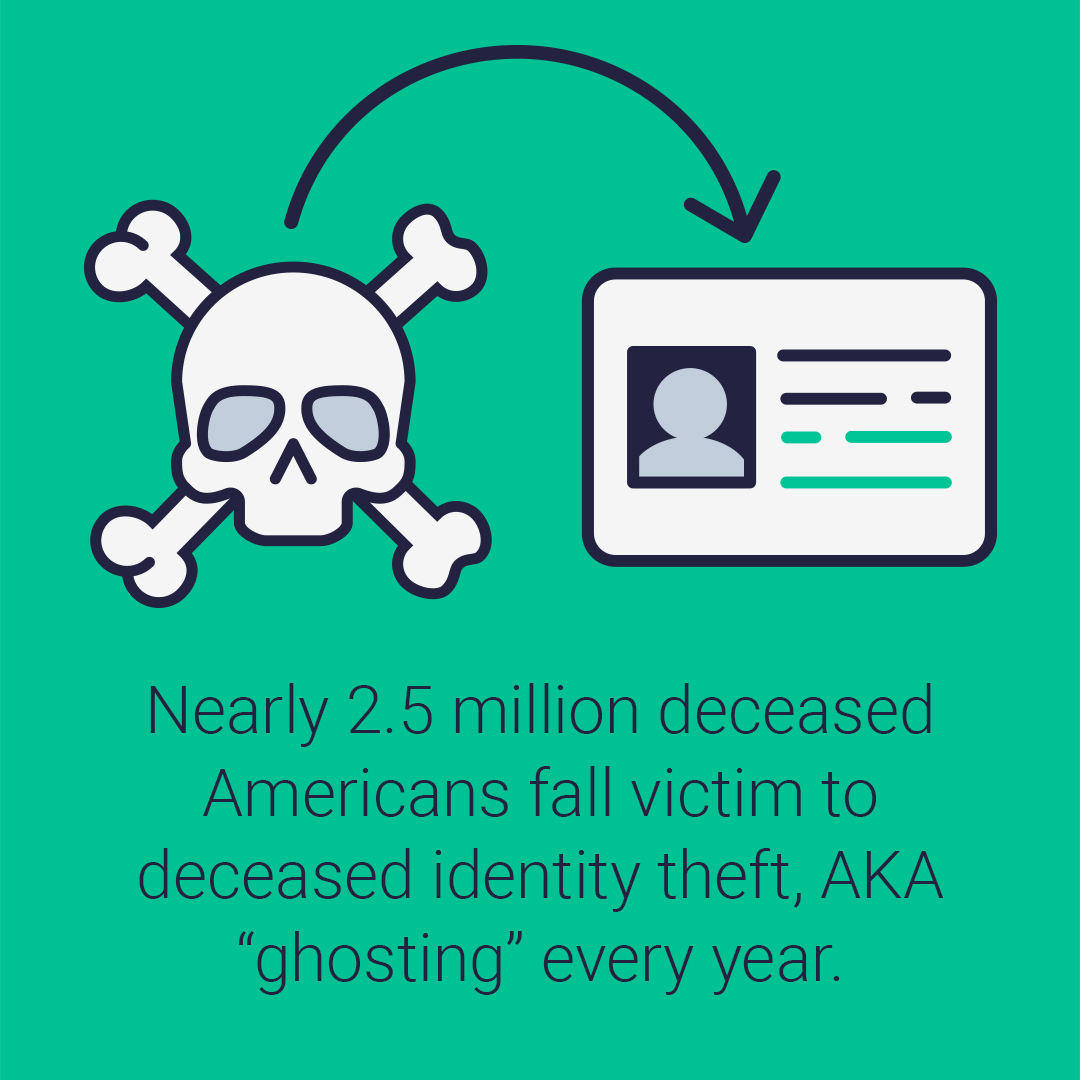COVID-19 Fraud Against Seniors: Identity Theft and Other Virus Impacts
Fraud Protection for Seniors

Even for people who haven’t contracted the disease, the coronavirus has impacted us all. Among the societal side-effects are increased rates of identity theft and financial fraud. And as with the virus itself, older adults are most likely to suffer from these symptoms. If you’re a baby boomer or greater, or if you help someone who is, you should be aware of the latest COVID scams against seniors.
Seniors have always been a prime target for fraud. Currently, they’re one of the fastest-growing groups using social media, many have good credit and financial assets, and they also tend to be more polite and trusting when approached online. That’s why baby boomers account for 41% of fraud cases and 44% of identity theft cases, according to the FTC. And in the COVID crisis, seniors are particularly vulnerable to cyber scams. Thanks to social distancing, they may be isolated, lonely, and anxious about their health or that of their families, making them more likely to respond to an ad or email that promises virus protection, a miracle cure, or just plain human contact.
COVID fraud can be avoided with some good online hygiene. First and foremost, be alert. Don’t respond to or click on content containing any of the following known COVID-19 related scams:
- Offers of coronavirus vaccines. There is no vaccine yet for the coronavirus, and when there is one, it will be offered through healthcare providers, not online.
- Offers of vitamins or medicines that will prevent or cure COVID-19. Again, there is no proven protection or cure, and when there is, your doctor will have it.
- Offers for COVID-19 testing that show up unsolicited online. If you want testing, talk to your healthcare provider.
- Online claims that you have been exposed to someone with COVID-19 and need to sign up for testing. If this were true, you would be contacted directly by your doctor or local health department.
- Messages claiming to be from the World Health Organization (WHO) explaining how to protect yourself from the coronavirus. The WHO does not communicate directly with individuals.
- Unsolicited messages from the WHO, Centers for Disease Control (CDC) or other sources with coronavirus updates, maps, or other news. If you want current coronavirus information, visit the WHO, CDC, or your state health department’s website directly.
- Messages offering special COVID-related Medicare benefits. The FTC says this fraud often offers a special “Coronavirus package.” If you have any questions about your Medicare coverage, you can get answers at www.medicare.gov/medicare-coronavirus.
- Messages asking you to fill out a form to claim government stimulus money. The IRS is handling stimulus payments to taxpayers. It will never email asking you to fill out a form online.
All of the above are attempts to steal personal medical and financial information or to download malware to your computer. There are also other types of scams happening as a result of the coronavirus. One particularly ghastly fraud is likely to increase due to coronavirus: “ghosting,” identity fraud against the deceased. These despicable criminals take advantage of grieving families to rip off the identities and assets of those who have died. In this crisis, the survivors may also be dealing with other ill family members or their own health or financial worries, with less energy to notice signs of fraud. If you have the sad task of handling the affairs of a COVID victim, you should read our article on ghosting and find out how to protect your loved one’s identity and assets. (Interestingly, the IRS has sent stimulus checks to some deceased taxpayers. It’s an administrative issue, not a scam, and CNBC reports that it’s possible surviving family could be entitled to keep the checks.)
The Identity Theft Resource Center has also reported an increase in online romance scams. It’s not surprising: lots of lonely people are looking for company online, and the virus gives scammers an ironclad reason why they can’t meet in person plus a heart-wrenching virus-related story to tell when they eventually hit their victims up for money.
It’s amazing the depths some people will sink to at a time like this. One poor 92-year-old woman in Britain was robbed by thieves who told her a neighbor had died of coronavirus and they had been sent by the health department to clean her home! In the virtual world, online trolls have been “Zoombombing”, invading online calls with friends and family.
But take heart! For every bad actor, there are millions of everyday heroes, providing medical care, delivering food, cheering others with SomeGoodNews, or just staying home to help stop the virus. When you protect yourself or others against identity fraud, you’re also helping stop crime and protecting your community. So, use this blog, share it with senior friends and family, and add that to your hero tally for today.
About IDX
We're your proven partner in digital privacy protection with our evolving suite of privacy and identity products.




